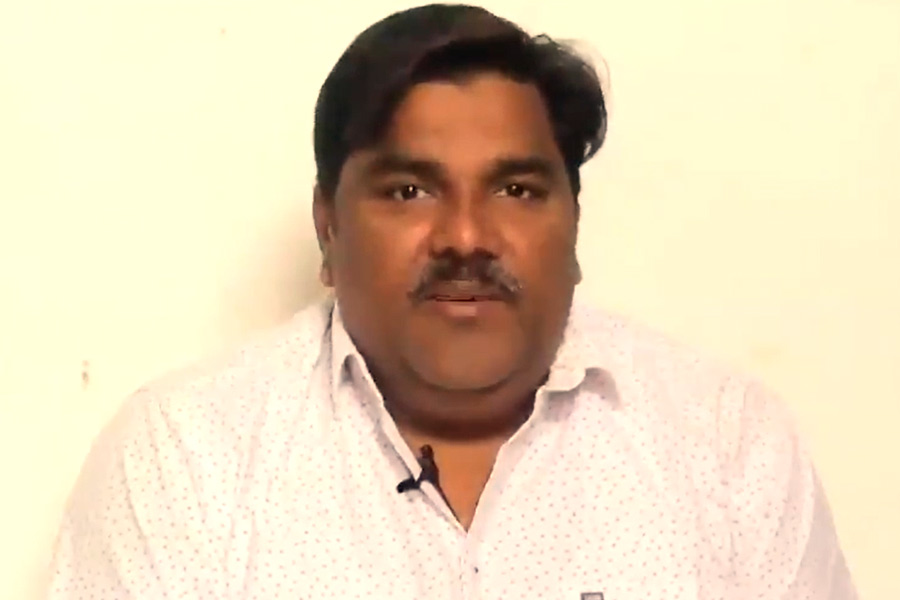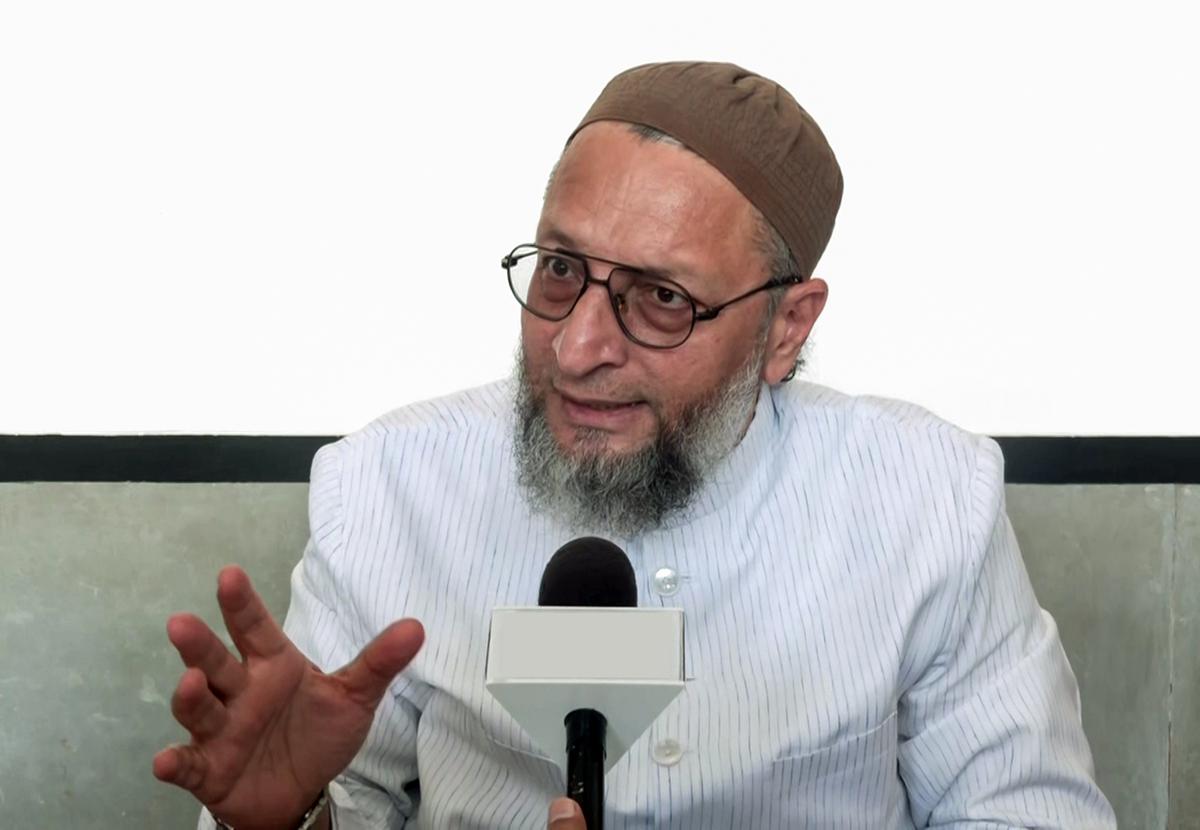‘Congress govt planning to hike power tariff in Telangana’
Tue 15 Oct 2024, 23:19:00

The Congress government which became synonymous with power cuts, is now gearing up to hike power tariff, imposing additional burden on people of Telangana, said BRS working president KT Rama Rao. He stated that the government which is unable to guarantee uninterrupted power supply, is getting ready to give shocks to consumers in the form of increased power charges.
Taking to X, Rama Rao pointed out that within less than a year of taking office, the Congress administration is ready to increase power tariffs, imposing further strain on the public. He mocked their promise of free electricity, stating that the much-touted “Gruha Jyothi” scheme remains out of reach for many eligible citizens, and zero electricity bills are nowhere in sight.
He also questioned the handling of the State’s finances, stating that despite borrowing Rs 77,000 crore in just nine months, the public is left with nothing but power cuts and additional hardships under the inefficient governance.
On the plight of cotton farmers, the BRS working
president also question the Congress government’s failure and Chief Minister A Revanth Reddy’s lack of action to maintain remunerative price for quality cotton produced in Telangana. He said while “Bada Bhai” Prime Minister Narendra Modi‘s Gujarat is giving top sport to cotton farmers, “Chota Bhai” Chief Minister Revanth Reddy‘s government in Telangana neglected them.
president also question the Congress government’s failure and Chief Minister A Revanth Reddy’s lack of action to maintain remunerative price for quality cotton produced in Telangana. He said while “Bada Bhai” Prime Minister Narendra Modi‘s Gujarat is giving top sport to cotton farmers, “Chota Bhai” Chief Minister Revanth Reddy‘s government in Telangana neglected them.
Rama Rao pointed out that the cotton price stood at Rs 8,257 per quintal, a finer quality cotton in Telangana is being sold for just Rs 5,000 per quintal. He questioned the delay in opening the procurement centres by Cotton Corporation of India in Telangana, paving way for middlemen to make money in the Congress rule. He reminded that cotton was priced at RS 10,000-15,000 per quintal under the BRS regime over the previous years.
“Earlier, you have denied Rythu Bandhu investment support to farmers and now, you are not purchasing their produce. Due to the inefficient Chief Minister without a vision, the Congress government is playing with the lives of cotton farmers,” he added.
No Comments For This Post, Be first to write a Comment.
Most viewed from Hyderabad
Most viewed from World
AIMIM News
Asaduddin Owaisi questions PM Modi's China policy
Jan 08, 2025
Owaisi slams UP over police post near Sambhal mosque
Dec 31, 2024
Latest Urdu News
Most Viewed
May 26, 2020
Which political party will win the Delhi Assembly polls to be held on Feb 5?
Latest Videos View All
Like Us
Home
About Us
Advertise With Us
All Polls
Epaper Archives
Privacy Policy
Contact Us
Download Etemaad App
© 2025 Etemaad Daily News, All Rights Reserved.


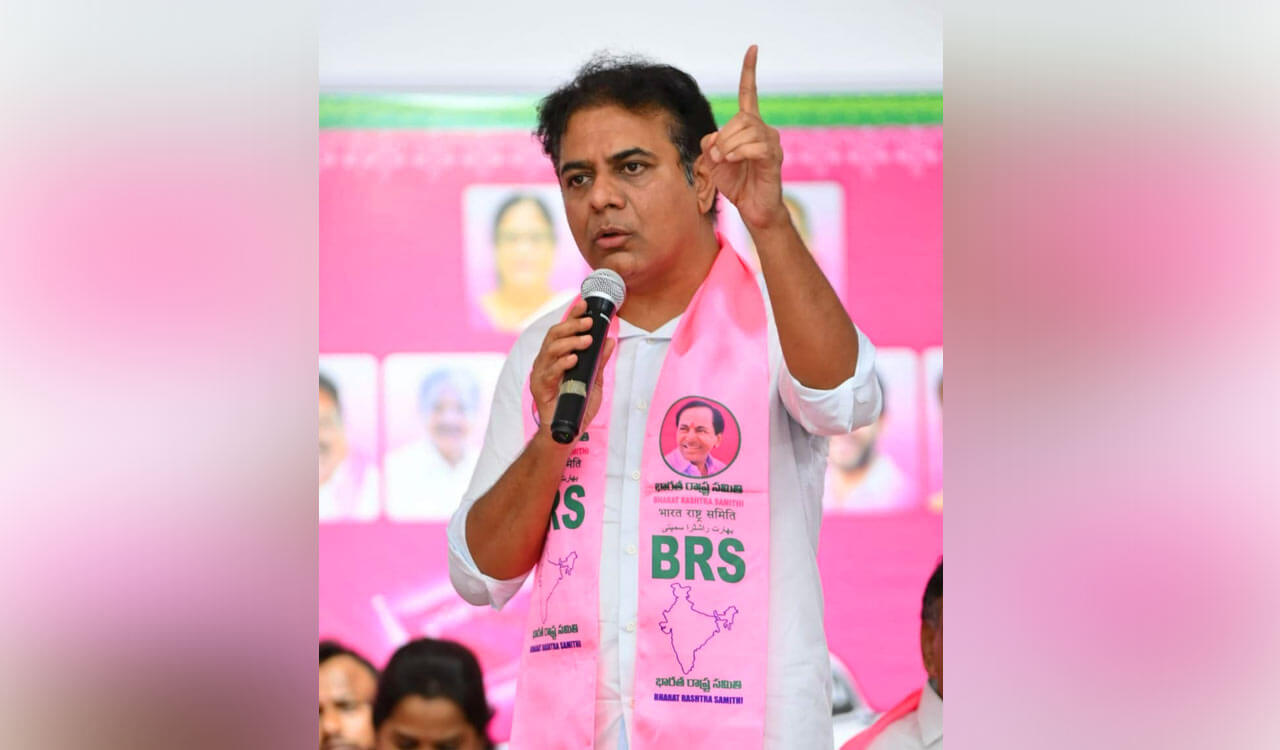
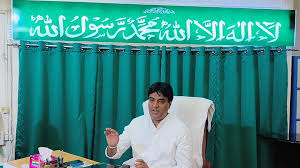

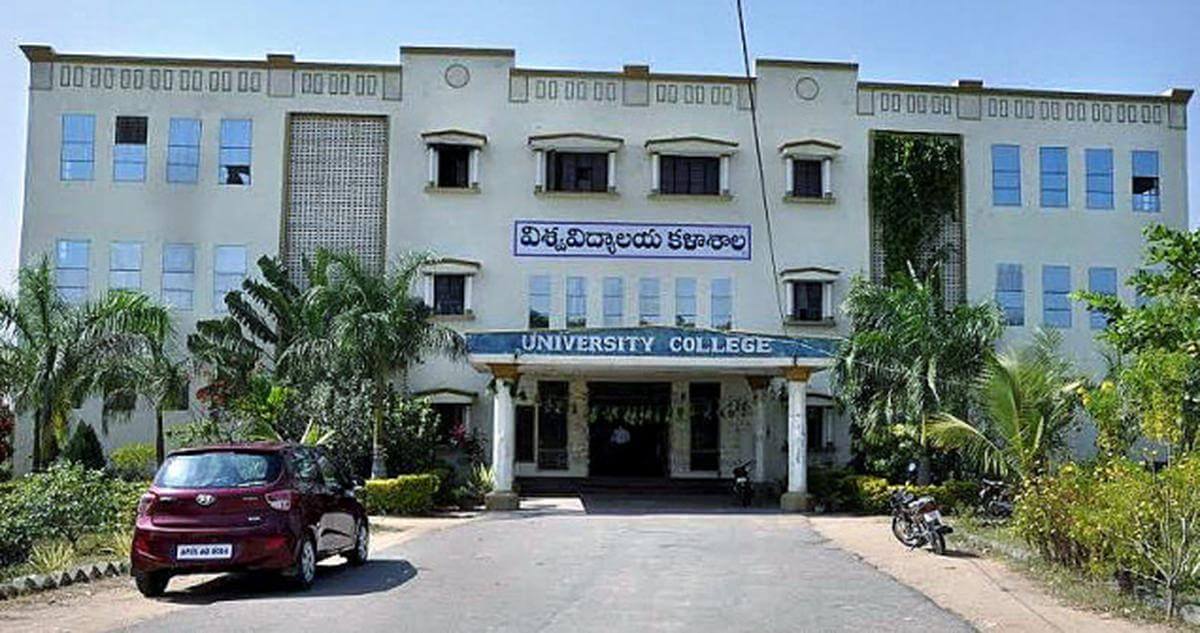
.jpg)
.jpg)
.jpg)
.jpg)
.jpg)
.jpg)
.jpg)


.jpg)
.jpg)
.jpg)
.jpg)
.jpg)
.jpg)
.jpg)
.jpg)
.jpg)
.jpg)






